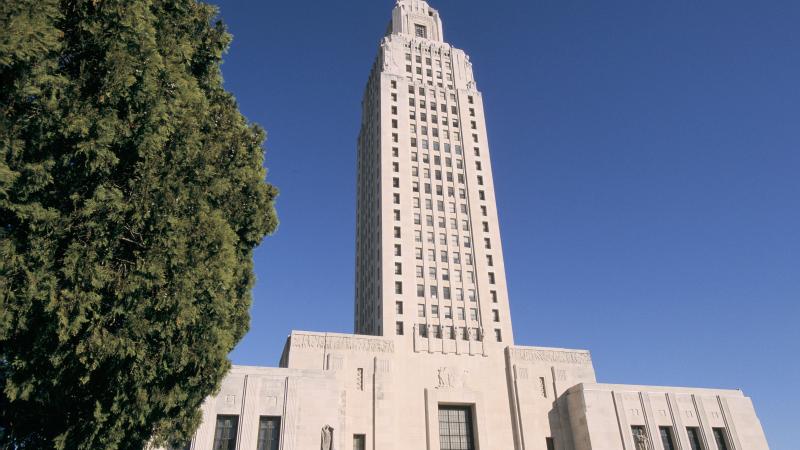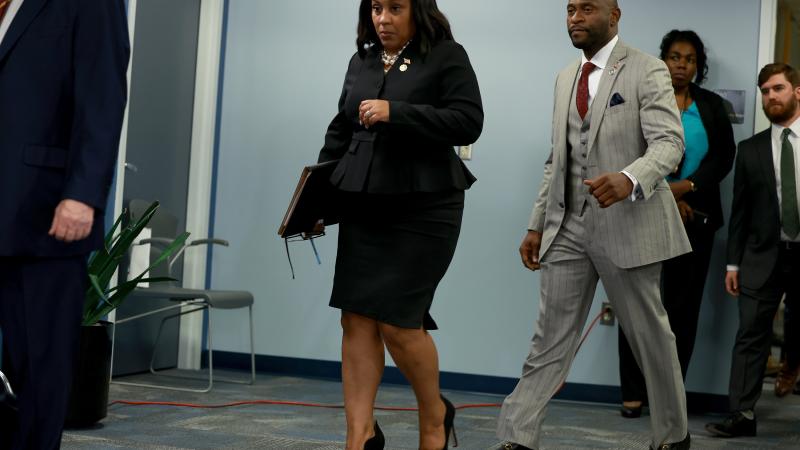South Carolina House votes to ban gender transitions for anyone under 18
It also stops Medicaid coverage for gender reassignment surgeries for anyone under 26 years old and prohibits public funds from "directly or indirectly" funding "gender transition procedures."
(The Center Square) — The South Carolina House voted this week to pass a measure banning healthcare professionals from providing gender transition procedures to anyone who isn’t at least 18 years old.
The state House voted 82-23 in favor of H.4624, which Republicans dubbed the "Help Not Harm" bill.
The measure applies to physicians and mental health providers and codifies definitions of "Gender transition," "Gender transition procedures" and "Genital gender reassignment surgery." It also stops Medicaid coverage for gender reassignment surgeries for anyone under 26 years old and prohibits public funds from "directly or indirectly" funding "gender transition procedures."
"Today, we take a stand for the protection of our children, ensuring they are not exposed to irreversible medical procedures at an age when they are most vulnerable," Sylleste Davis, chair of the House Medical, Military, Public and Municipal Affairs Committee, R-Berkeley, said in a statement.
However, opponents said lawmakers opted to pass the measure "even after emotional testimony in opposition from nearly 50 South Carolinians, the condemnation of every major medical group in the country and many SC doctors, and thousands of emails sent from every corner of South Carolina."
"This ban will cause so much anguish, chaos, and confusion for trans youth, their family members, and their loved ones, all while the legality of these bans is being adjudicated in many other states," Rhys Chambers, a leader in the SC United for Justice & Equality coalition and the senior organizing lead of the Human Rights Campaign, said in a statement. "There is no reason to pass this bill, and it is imperative that the Senate now reject it."
A South Carolina Revenue and Fiscal Affairs Office fiscal estimate of an earlier version of the bill found it would not impact state or local budgets.
However, the agency could not determine the financial impact on South Carolina school districts. Some school districts indicated "there could be litigation costs resulting from the provisions of the bill but could not quantify the cost," while others indicated "provisions of the bill may result in potential mailing and notification fees."














